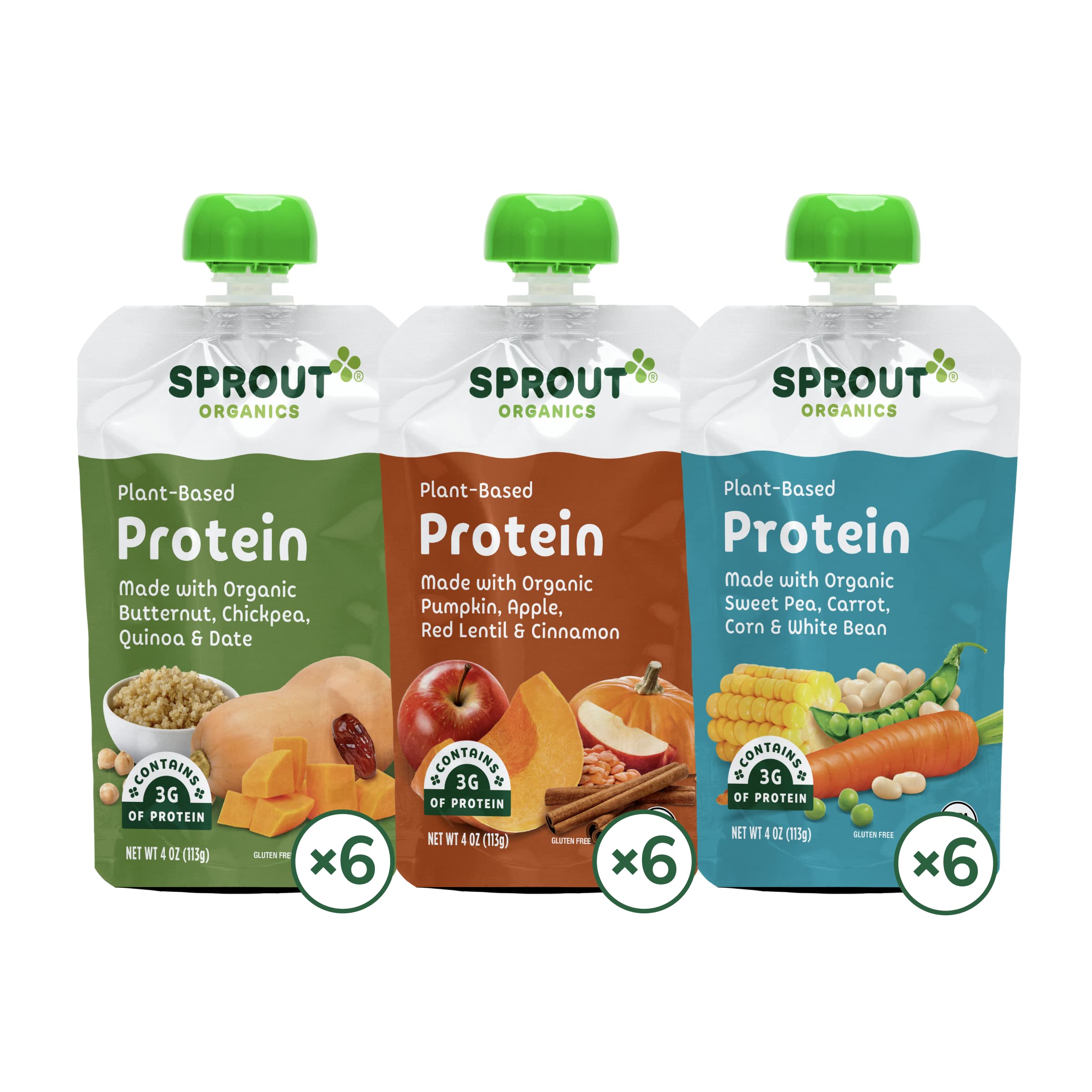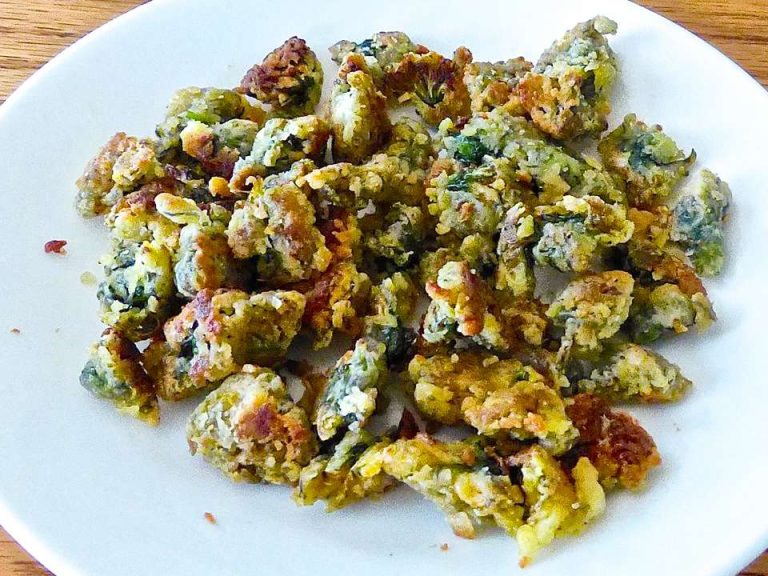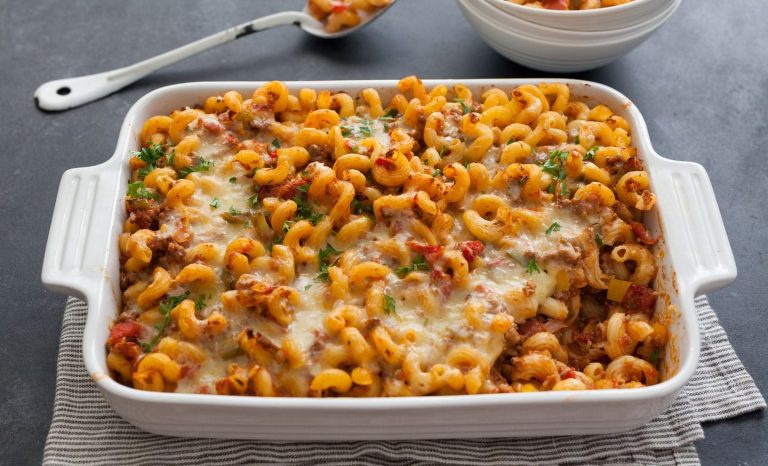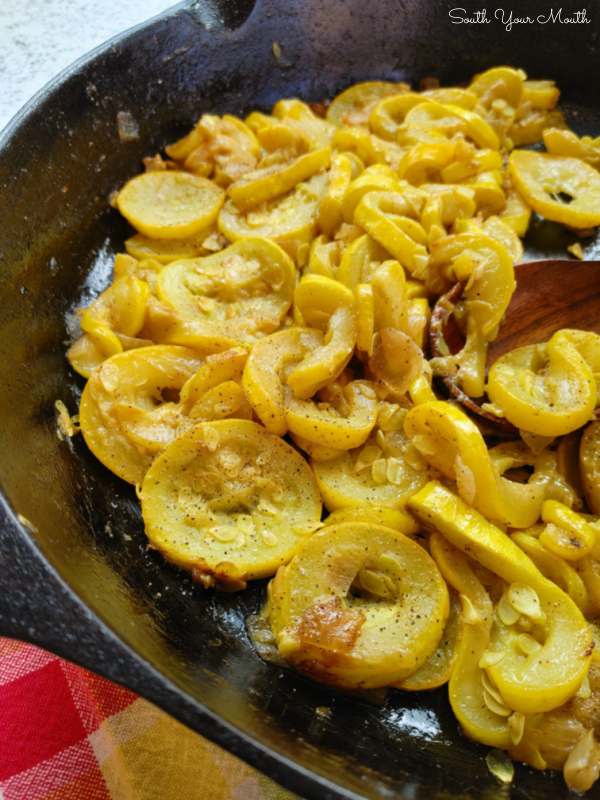Peas: How to Choose and Prepare Nutritious Options for Your Little One
Peas offer substantial nutritional benefits for your baby. They contain essential vitamins and minerals for healthy growth. Vitamin A supports vision, Vitamin C strengthens the immune system, and Vitamin K assists in blood clotting. Peas also deliver dietary fiber, promoting efficient digestion, and protein, crucial for tissue growth and repair.
Why Start with Peas?
Peas are an ideal first food for your baby for several reasons. They have a naturally sweet taste that appeals to infants. Their smooth texture makes them easy to puree and gentle on a baby’s developing digestive system. Additionally, peas are hypoallergenic, reducing the risk of allergic reactions when first introducing solid foods. Peas also combine easily with other vegetables and fruits, allowing you to create nutritious, varied meals as your baby grows.
Choosing the Right Pea-Based Baby Food
Factors to Consider
Selecting the right pea-based baby food involves evaluating several important factors. Nutrient content is crucial; ensure the product you choose is rich in essential vitamins and minerals like vitamins A, C, and K, fiber, and protein. Check ingredient labels to confirm the absence of additives, artificial flavors, or preservatives which may not be suitable for your baby’s delicate system.
Texture is another key consideration. Purees should have a smooth consistency to make swallowing easier and promote a positive feeding experience. Taste matters as well; opt for peas that retain their natural sweetness without added sugars. Packaging is also significant. Look for BPA-free containers to avoid potential chemical exposure.
Organic vs. Conventional Peas
When deciding between organic and conventional peas, it’s important to understand the differences and benefits of each option. Organic peas are grown without synthetic pesticides or fertilizers, which can be beneficial for your baby’s health. These peas adhere to strict farming standards, minimizing the exposure to potentially harmful chemicals.
Conventional peas are generally more affordable and widely available, but they may be treated with pesticides. If choosing conventional produce, it’s advisable to thoroughly wash and cook the peas to reduce any residue. Both types offer the same essential nutrients; the choice depends on your priorities regarding farming practices and potential chemical exposure.
How to Prepare and Serve Peas
Cooking Methods
To retain the nutrient content of peas, use gentle cooking methods. Steaming or boiling are effective techniques.
- Steaming: Place peas in a steamer basket over boiling water. Cover and steam for 6-7 minutes until tender.
- Boiling: Submerge peas in a small amount of boiling water. Cook for 2-3 minutes. Drain immediately to prevent overcooking.
Avoid using salt or seasoning during the cooking process. Peas for babies should remain pure and straightforward for easier digestion.
Pureeing and Storage Tips
Achieve a smooth consistency by pureeing cooked peas. Introduce peas as a single ingredient before combining with other foods.
- Pureeing: Use a blender or food processor to puree cooked peas until smooth. Add water, breast milk, or formula to adjust the texture.
- Storage: Store pureed peas in BPA-free containers. Refrigerate for up to 3 days, or freeze in ice cube trays for up to 1 month.
Label containers with preparation dates for efficient rotation. Thaw frozen peas in the refrigerator or warm water before serving. Avoid microwaving to maintain nutrient integrity.
Review of Popular Pea-Based Baby Foods
Brand Comparisons
When choosing pea-based baby foods, it’s essential to compare different brands based on factors like nutritional content, packaging, and price. Popular brands include Gerber, Ella’s Kitchen, and Earth’s Best. Here’s a detailed comparison of these brands:
| Brand | Nutritional Content (per serving) | Packaging | Price Range (per oz) |
|---|---|---|---|
| Gerber | 25 calories, 1g fiber, 2g protein | BPA-free plastic | $0.12 – $0.16 |
| Ella’s Kitchen | 20 calories, 1g fiber, 1g protein | BPA-free pouches | $0.20 – $0.25 |
| Earth’s Best | 30 calories, 2g fiber, 2g protein | BPA-free glass jars | $0.16 – $0.20 |
Gerber offers a balance of calories and protein at a competitive price. Ella’s Kitchen prioritizes convenience with pouch packaging, which is travel-friendly. Earth’s Best provides slightly higher fiber content and uses glass jars, appealing to parents opting for eco-friendly packaging.
Parent Reviews and Feedback
Parents often provide invaluable insights into the pros and cons of pea-based baby foods through their reviews and feedback. Many reviews highlight the smooth consistency and natural taste of Gerber’s pea puree, making it a favorite among babies new to solid foods. However, some parents mention that the packaging can be difficult to open.
Ella’s Kitchen receives praise for its convenient pouches, which are easy to carry and use on the go. Parents appreciate the organic ingredients and lack of preservatives, though some note a thinner consistency compared to other brands.
Earth’s Best impresses parents with its high-quality organic peas and nutrient-rich content. The glass jars are well-liked for environmental reasons. However, parents do mention the higher price point as a consideration.
Assessing the feedback and considering your baby’s specific needs ensures you make an informed decision.
Feeding Tips and Common Concerns
Introducing New Textures
Transition smoothly to new textures to help your baby adapt. Start with smooth purees like strained peas to avoid overwhelming your baby. As they become accustomed to purees, gradually introduce mashed peas, then move to small, soft chunks. Introduce each new texture one at a time, allowing a few days between each change to observe any reactions or preferences your baby might have. For example, mix pureed peas with breast milk or formula before moving to a thicker consistency.
Managing Allergies and Sensitivities
When introducing peas as a first solid food, observe your baby for any signs of allergies or sensitivities. Symptoms might include rashes, vomiting, or diarrhea. To pinpoint any issues, introduce peas as a single ingredient, with no additional foods mixed in. Keep track of what your baby eats with a food diary to identify potential allergens. Contact your pediatrician immediately if you notice any allergic reactions. Peas are generally low-risk, but it’s essential to remain vigilant during any introduction period.
Conclusion
Starting your baby’s solid food journey with peas offers numerous benefits. Their nutritional value, ease of preparation, and versatility make them an excellent first choice. Whether you opt for Gerber, Ella’s Kitchen, or Earth’s Best, each brand provides unique advantages to suit your needs. Remember to introduce peas gradually and monitor for any signs of allergies. By following these guidelines, you can ensure a smooth and enjoyable transition to solid foods for your little one.






